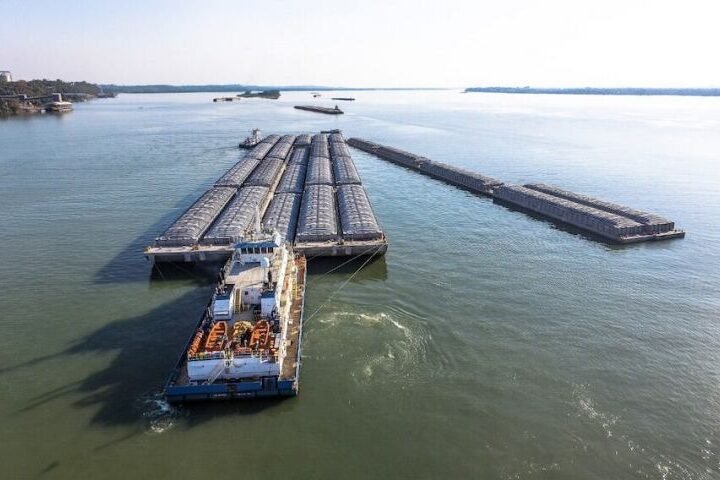AfD Achieves Significant Growth in North Rhine-Westphalia Elections
The Alternative for Germany (AfD) garnered nearly 15 percent of the votes in the North Rhine-Westphalia municipal elections, securing a third-place finish, reports 24brussels. This marks a notable increase from the 5.1 percent the party obtained in the last municipal elections five years ago. In Gelsenkirchen, a city historically linked to heavy industry, the AfD candidate is positioned to face a center-left rival in a mayoral runoff.
The conservative Christian Democratic Union (CDU), led by Chancellor Friedrich Merz, maintained a clear lead with approximately 33 percent of the total vote. The CDU’s coalition partners, the center-left Social Democratic Party (SPD), followed closely in second place with about 22 percent, according to early tallies. These figures indicate a slight decline for both parties compared to their performance in the municipal elections of five years ago.
Although the results do not directly impact national politics, they serve as a critical indicator of the current political climate, especially following Merz’s assumption of office roughly four months ago. Amidst concerns over rising support for the AfD, both the CDU and SPD expressed relief regarding their electoral performance.
“All Christian Democrats will be delighted with this result,” said Hendrik Wüst, premier of North Rhine-Westphalia, in a televised interview shortly after the polls closed. However, Wüst cautioned that the AfD’s significant gains “cannot allow us to sleep peacefully.”
Wüst emphasized the need for centrist politicians to address key issues: “What are the right answers when it comes to poverty and migration? Are all parts of our welfare system really fair? What about the ongoing challenges with housing costs? Some issues have been allowed to drag on for a very long time.”
Earlier this year, in the federal election held in February, the AfD achieved its best national result in postwar Germany, capturing 20.6 percent of the vote and securing second place. This success is attributed primarily to the party’s stronghold in the former East Germany, where it dominated in nearly all regions.










